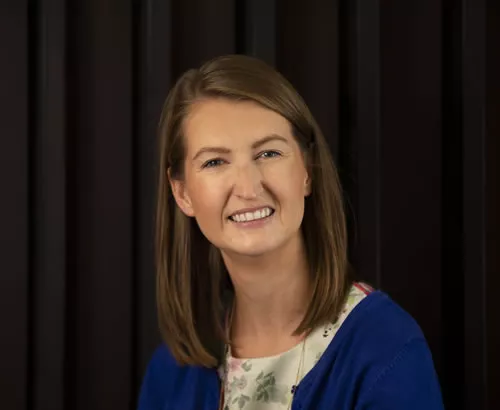
Research Area
Personalised Health and Medicine
Nationality
American
Affiliation
Research Leader
What attracted you to the Succeed and Lead Fellowship?
I was attracted to the fellowship because of the opportunities and supports to build my core competencies in areas of funds sourcing, managing independent projects and conducting high-impact multidisciplinary research.
Research Goal
The goal of my research is to explore new and emerging data-driven methodologies that capture patient heterogeneity when determining the effect of an intervention in clinical settings. These methods will enable us to make patient-specific predictions that will generalise to subgroups in the wider population. The findings from this research will contribute to an efficient and tailored delivery of healthcare in the fields of stroke and diabetes.
Research Background
I received a Bachelor of Arts in Economics from Metropolitan State University (Denver, Colorado) in 2010 and completed a Masters of Science in Economic Development from the University of Glasgow in 2011. I was awarded my PhD in Economics from the University College Cork in 2016. I regularly teach undergraduate and postgraduate modules concentrating on econometric analysis, research methods and microeconomic theory which has proven beneficial in my own research.
Research Expertise
My research interests are broadly characterised as applied econometric/microeconomic analyses of health and well-being indicators ranging from subjective measures such as happiness and life satisfaction to objective clinical outcomes in the fields of stroke and diabetes. As a Dean’s Postdoctoral Research Fellow my research focuses on methods grounded in Machine Learning and Bayesian Inference that aim to identify subgroups of patients who particularly benefit from a given treatment. This research is not restricted by a priori hypotheses and is designed for patient-level treatment effect estimation that deviates from the reliance on sample average calculations.
Research Impact
The amount of data being recorded from Randomised Controlled Trials (RCTs) is growing in both size and quality. This is resulting in a need to develop statistical analyses that can sort through this big data and integrate patient heterogeneity to provide a more precise picture of treatment effectiveness. This research is of interest to anyone in the health services that use information about the person to prevent, diagnosis and treat disease and those interested in the cost effectiveness of personalised health.
Selected Publications
Smith, J., Coonan, A. and Forbes, J. (2018) ‘Identifying those who benefit from treatment: an open challenge for diabetes economic models.’ Presented at Mt. Hood Diabetes Challenge Conference, Düsseldorf Germany, 6 Oct
Coonan, A. and Forbes, J. (2018) ‘Learning about treatment effect heterogeneity using machine learning methods.’ Presented at Health Economics Association of Ireland (HEAI) Conference, NUI Galway, 20 Nov
Smith, J. Coonan, A. and Forbes, J. (2018) ‘From average treatment effects to the identification of treatment responders.’ Poster Presentation at the European Causal Inference Meeting (Euro-CIM), Florence, 11 Apr
Coonan, A. and Forbes, J. (2017) ‘Learning about treatment effect heterogeneity using data driven methods.’ Presented at International Health Economics Association (IHEA) Conference, Boston, 10 Jul
Coonan, A and Murphy, R. (2014) ‘The effect of regional unemployment on sectoral differences in well-being’ Presented at the Irish Economic Association (IEA) Conference, Limerick.